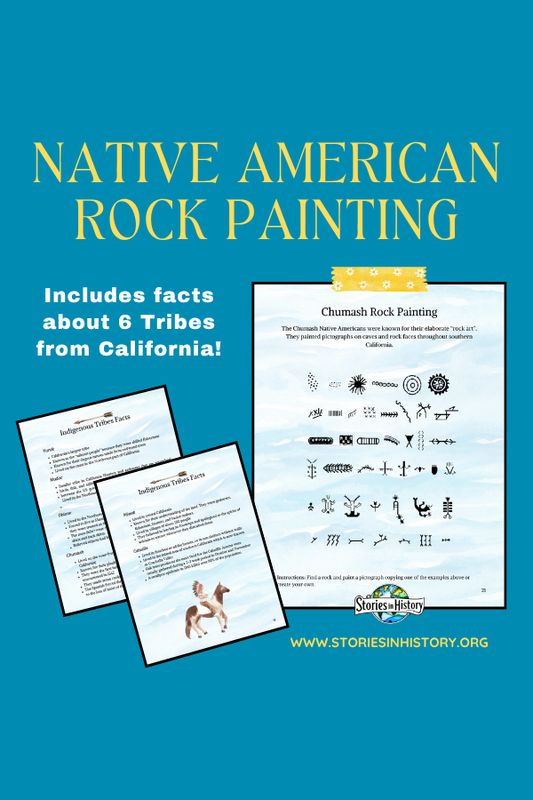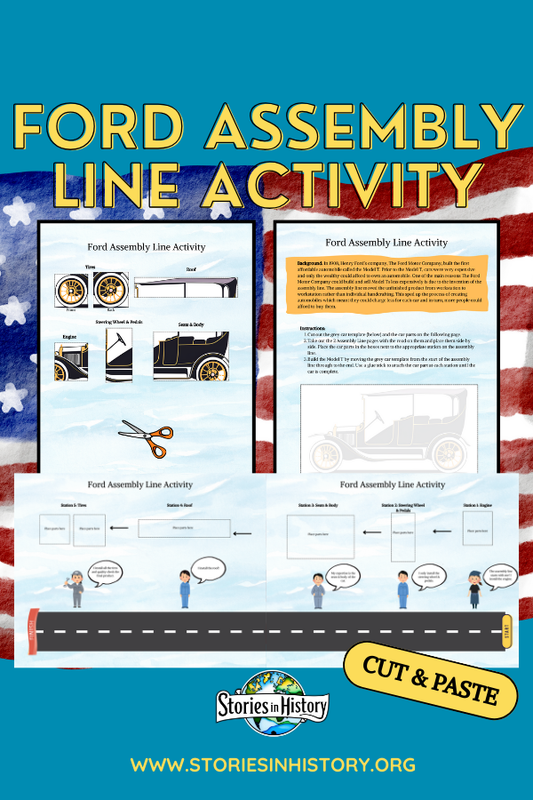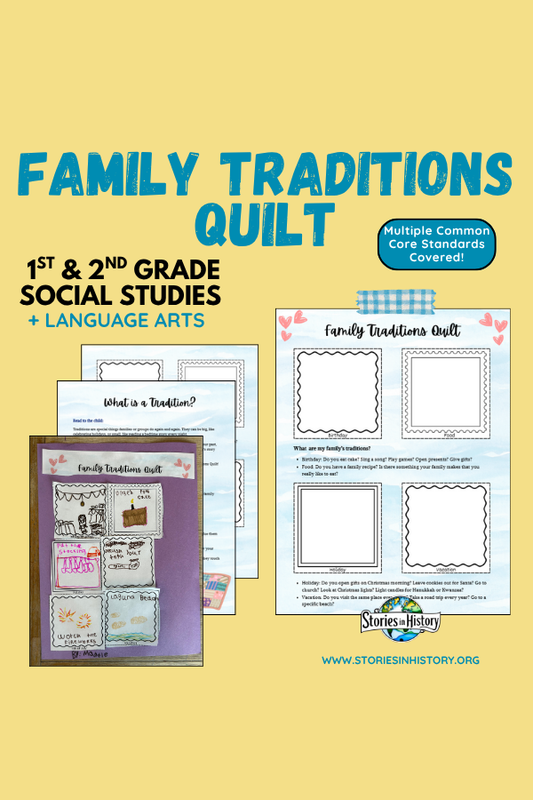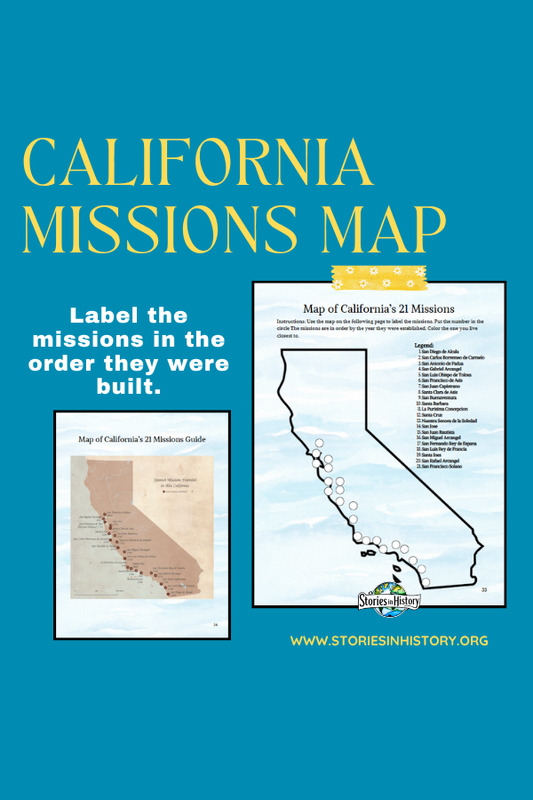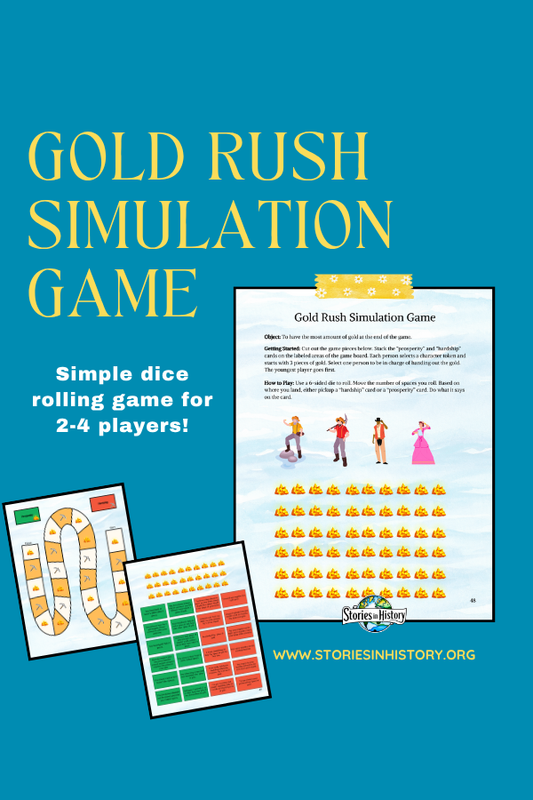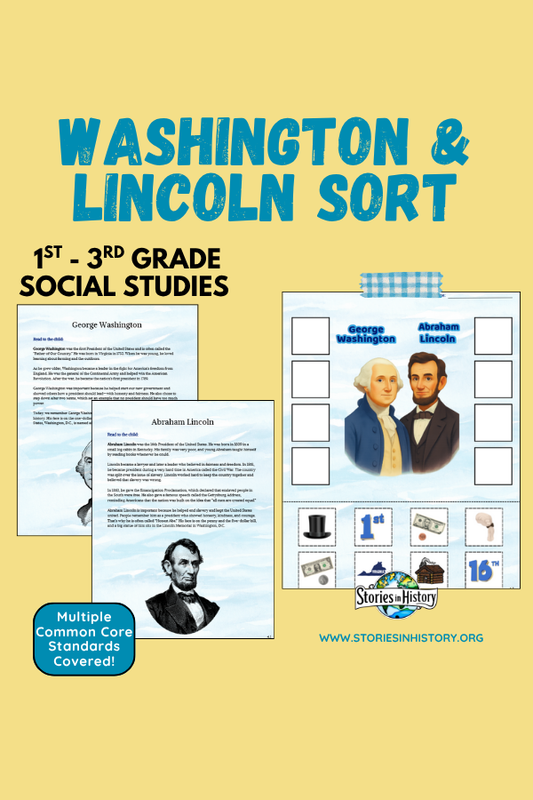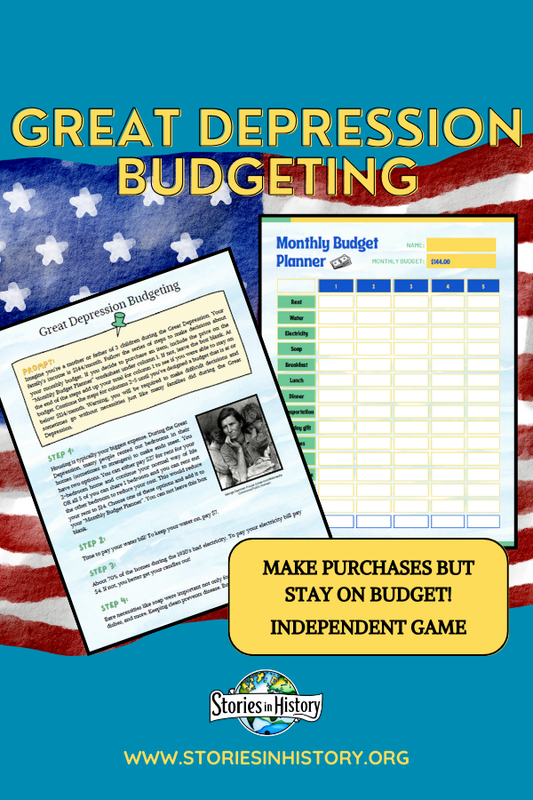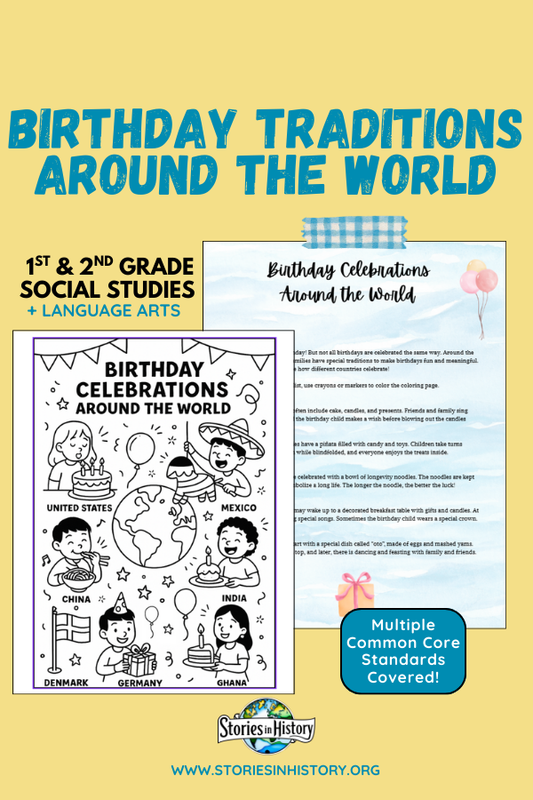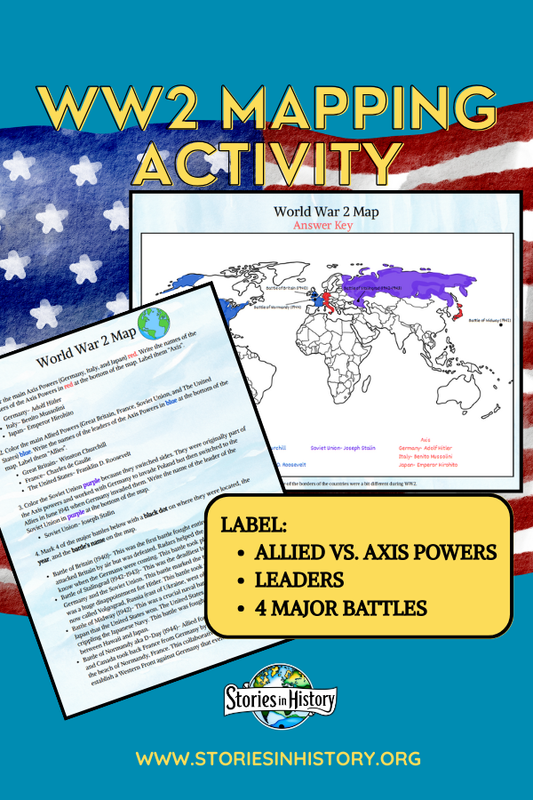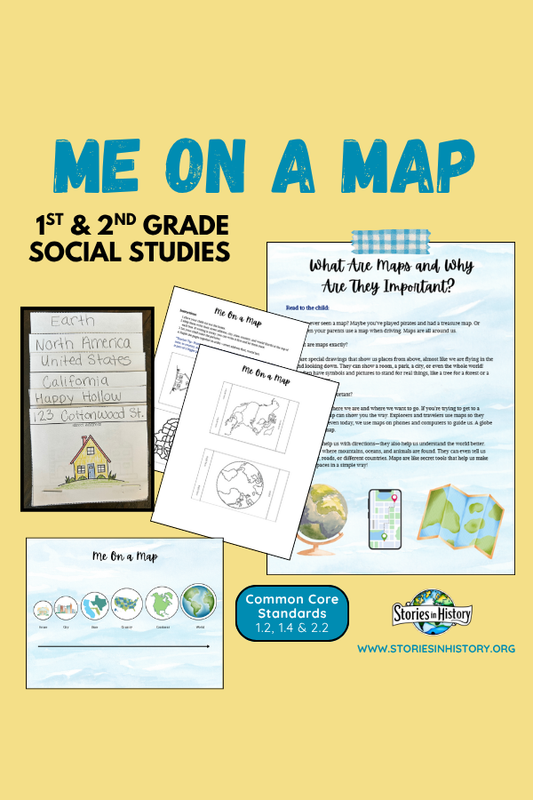Understanding California's Social Studies Standards for Grades K–5
Share
Understanding California's Social Studies Standards for Grades K–5
California’s History–Social Science Content Standards provide a structured framework for teaching history, geography, civics, and economics from kindergarten through fifth grade. These standards aim to cultivate informed, responsible citizens who understand their role in society and the world. Here’s a closer look at the standards for each grade level:
📚 Kindergarten: Learning and Working Now and Long Ago
In Kindergarten, students are introduced to the concepts of citizenship, community, and how people live in different times and places. They learn basic social studies concepts through stories, songs, and role-playing activities.
Key Standards:
- Civics: Understand the importance of rules, fairness, and community members.
- Geography: Recognize physical and human-made features of the world (e.g., maps, landmarks).
- History: Begin to understand the concepts of past, present, and future by comparing past and present life.
- Economics: Recognize basic goods and services in the community.
- Cultural Understanding: Identify and respect cultural diversity through stories and traditions.
🧭 1st Grade: A Child’s Place in Time and Space
First graders continue to explore their place in the world, expanding their understanding of time and space. They compare the past to the present, recognizing changes and continuities in the world around them.
Key Standards:
- History: Recognize the difference between past and present, using examples from their own life.
- Geography: Understand the basic concepts of maps, globes, and locations.
- Civics: Learn about the roles of community helpers and leaders.
- Economics: Understand the basic concepts of needs and wants and their importance in daily life.
- Cultural Understanding: Explore different ways of life and understand the importance of respecting diversity.
🌟 2nd Grade: People Who Make a Difference
Second graders focus on individuals who have made significant contributions to society. They explore biographies and stories about leaders and everyday heroes.
Key Standards:
- History: Study famous Americans and their contributions (e.g., Martin Luther King Jr., Rosa Parks, George Washington).
- Geography: Understand the concepts of landforms, oceans, and basic map skills.
- Civics: Learn about the importance of citizenship, voting, and laws.
- Economics: Understand how people work to earn money and the importance of managing resources.
- Cultural Understanding: Compare and contrast the lives of people in different regions.
🔄 3rd Grade: Continuity and Change
Third graders study how communities and cultures evolve over time, and they analyze historical events and their impact on the present.
Key Standards:
- History: Examine the development of civilizations, exploring key events and their consequences.
- Geography: Understand the physical and political features of the world, including maps and regions.
- Civics: Understand the role of government and how laws are made.
- Economics: Study the basic concept of trade, goods, services, and how people meet their needs.
- Cultural Understanding: Explore different cultures’ values, traditions, and achievements.
🌄 4th Grade: California: A Changing State
Fourth graders dive deep into California’s history. They study the state’s indigenous peoples, missions, Gold Rush, and the development of California as a state.
Key Standards:
- History: Learn about California’s history, from Native Californian tribes to the state’s Gold Rush and statehood.
- Geography: Study California’s geography, including regions, climate, and resources.
- Civics: Explore the role of government in California and how decisions are made at the state level.
- Economics: Study California’s economy, including the role of agriculture, mining, and industry.
- Cultural Understanding: Learn about the diverse cultures that make up California and their impact on the state’s development.
🗺️ 5th Grade: United States History and Geography: Making a New Nation
Fifth graders examine the early history of the United States, focusing on the establishment of the country and the principles of democracy.
Key Standards:
- History: Study the founding of the United States, including the American Revolution, the Constitution, and the Bill of Rights.
- Geography: Understand the geographic features of early America, including major rivers, landforms, and states.
- Civics: Explore the U.S. government structure, including the three branches of government and the rights and responsibilities of citizens.
- Economics: Learn about early American economics, including trade, resources, and the role slavery played in the economy.
- Cultural Understanding: Examine the contributions of different cultural groups in early American history, including Native Americans, African Americans, and immigrants.
🧠 Historical and Social Sciences Analysis Skills
Across all elementary grades, students develop critical thinking skills through the Historical and Social Sciences Analysis Skills. These include:
- Chronological and Spatial Thinking: Understanding timelines, spatial relationships, and connections between past and present events.
- Research, Evidence, and Point of View: Differentiating between primary and secondary sources, assessing the credibility of information, and analyzing different perspectives.
- Historical Interpretation: Summarizing key events, understanding cause and effect, and interpreting the significance of historical developments.
California's Social Studies Standards are designed to provide a comprehensive foundation for students to develop an understanding of history and social sciences, preparing them to be informed and engaged citizens. These standards help students see the connections between the past and the present and give them the tools to engage critically with the world around them.
For more detailed information on the standards and guidelines, visit the California Department of Education website.
